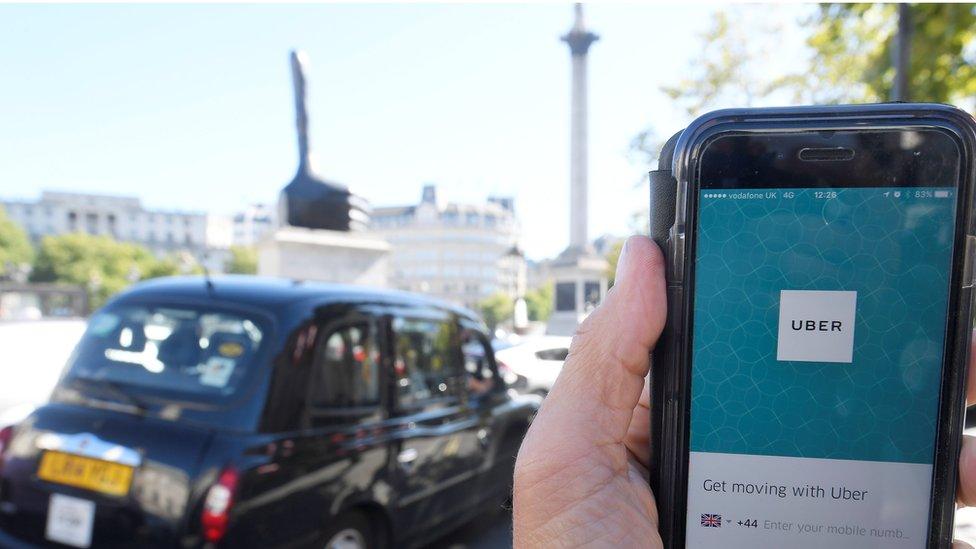Tech Tent: Maths, Facebook and phones
- Published
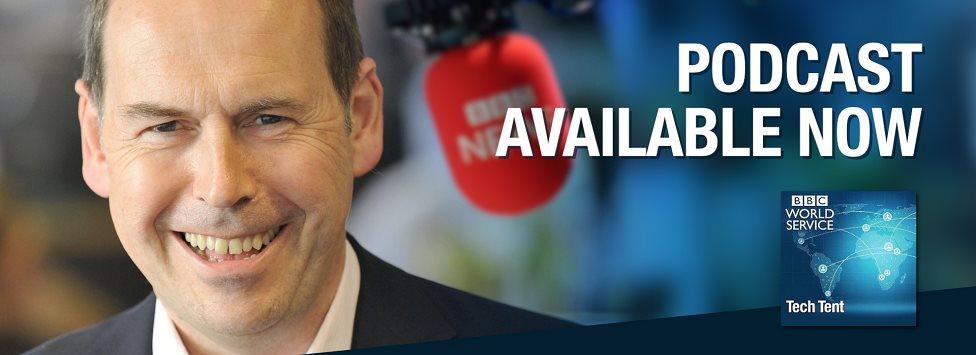
Stream or download, external the latest Tech Tent podcast
Listen to previous episodes on the BBC website
Listen live every Friday at 15:00 BST on the BBC World Service
On this week's Tech Tent we hear about that big U-turn from Facebook on its role in allowing Russians to buy political adverts. We explore the pressures that have forced the phonemaker HTC to sell some of its key engineering talent to Google. And we learn about an app that could help Syrian refugee children keep up with their schoolwork.
Facebook's about-face
When Donald Trump won the US presidential election last November, Facebook came under scrutiny for its role in spreading fake news stories and other propaganda believed to have been helpful to Mr Trump.
At that stage, Facebook's founder Mark Zuckerberg appeared to dismiss the suggestion that his company could have swung the election as a "crazy idea".
Now Mr Zuckerberg seems to have changed his stance quite radically. In a video broadcast on his own Facebook page he announced a range of measures to tighten up political advertising on the platform, and said he would hand over to Congress details of 3,000 political adverts that were paid for from Russian accounts during the campaign.
Mr Zuckerberg's statement has been met with a stinging response on Twitter by President Trump, who wrote: "The Russia hoax continues, now it's ads on Facebook." Mr Trump also took the opportunity to attack the media once again for "totally biased and dishonest coverage" of his rival Hillary Clinton.
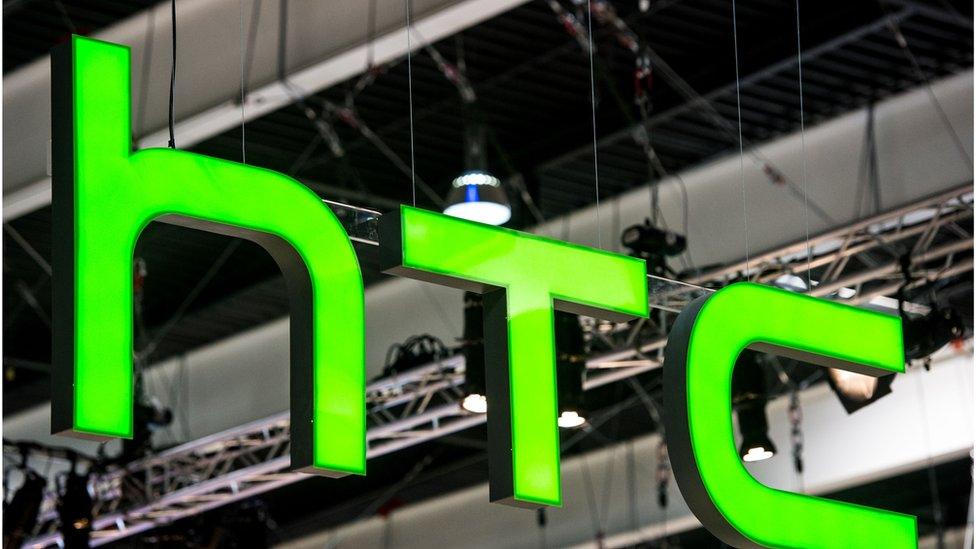
Google is getting a lot of engineering talent for its $1.1bn
Google's billon-dollar shopping spree
Although Google sells its own-brand, high-end smartphone, the Pixel, it's well-known to many that the device is actually supplied by the Taiwanese handset-maker HTC. And when trading in HTC's shares was suspended this week, the rumour mill went into overdrive. Many suspected that Google was about to take over the whole firm - or maybe its very successful virtual reality business. But in the event the search giant unveiled a rather smaller deal, paying $1.1bn (£800m) to acquire the team of HTC engineers building the Google Pixel phone. But what does this say about HTC, once a major player in mobile phones?
Our reporter in Taiwan, Cindy Sui, told me that HTC was considered a national pride and joy, a brand that elevated Taiwan from being just a place to manufacture other companies' products, and that the firm was unlikely to give up on its handset business.
It may even be looking to invest the money from Google into further handset research and development, she said, although selling around half of its phone engineers to Google might just end up creating even stronger competition for HTC.
Our special guest Ian Fogg, from research firm IHS Markit, observed that with this deal, Google is "de-risking" its own smartphone business, so that despite declining fortunes for HTC, the Pixel will not be affected by HTC's ultimate fate.
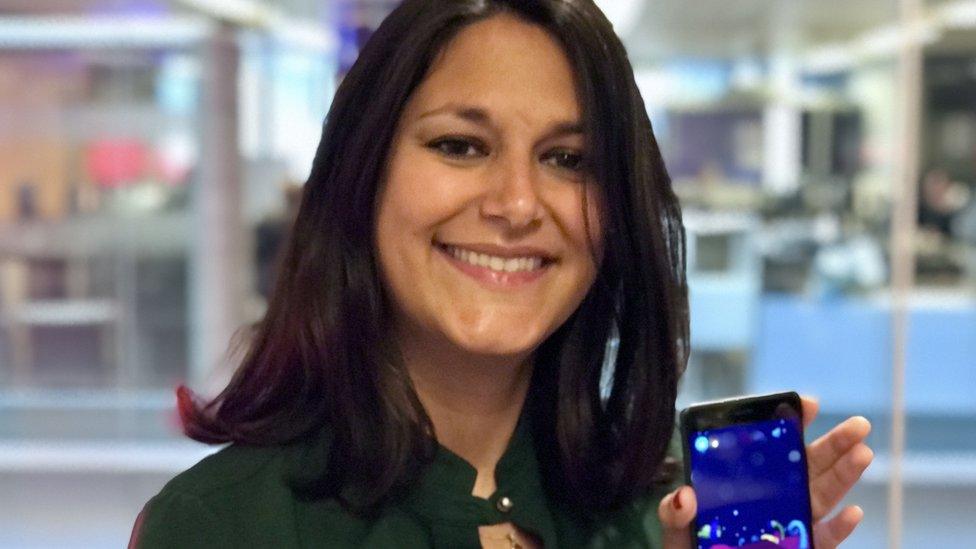
The app helps refugee children keep up with maths learning
Maths for refugee children
According to the UNHCR, Jordan has at least 650,000 registered refugees from Syria. Many of those fleeing the civil war in Syria are children, for whom the Jordanian state has laid on schooling.
But, says the charity Save the Children, the facilities are stretched, with up to 50 or 60 children per class, and some of the young refugees are falling behind in their attainment in Arabic and mathematics. Sayyeda Salam from the charity told us it has been working in partnership with the educational publisher Pearson on a free app for Android phones that aims to help children keep up with their studies.
The educational game Space Hero involves a character who has been catapulted into space and must complete mathematical challenges to get back to Earth.
"Quite a lot of children are not even enrolling in school in the first place, but you've also got a very high rate of school dropout," Ms Salam said. She told me the app was not meant to be a replacement for teaching in school but was part of a bigger package of measures to help keep children in education and improve their learning.
- Published22 September 2017
- Published21 September 2017
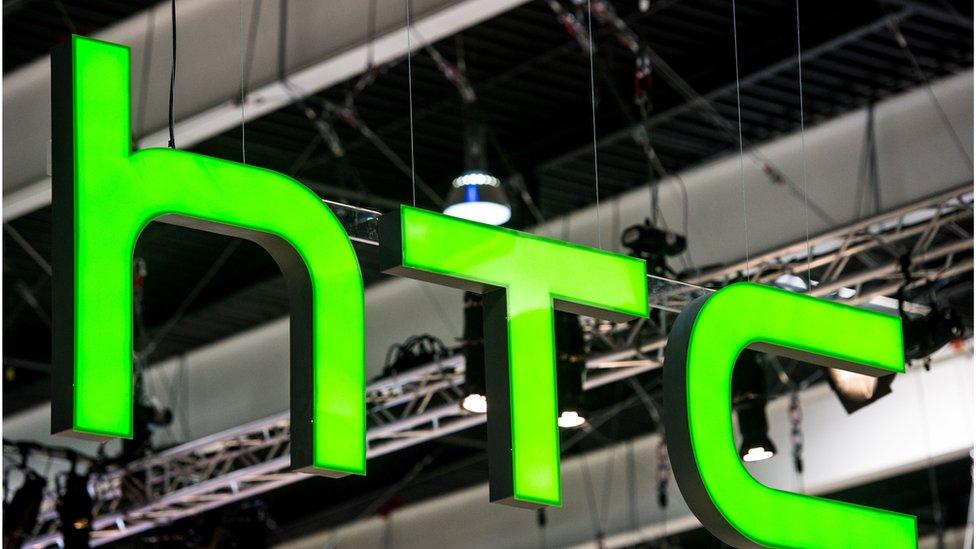
- Published22 September 2017
